I come from a long line of women who believed in the power of education:
My two maternal grandmothers are my greatest idols. Although I never met my biological grandmother, her legacy has likely taught me more than any living person. Born in 1937, Patricia “Pat” Miller King was limited in the opportunities provided to women at the time, but despite this she persisted in her education. Pat received her BA and MA from Radcliffe College and her PhD from Harvard University, writing her dissertation on a twelfth-century archbishop. Pat went on to serve as director of the Schlesinger Library on the History of Women in America at Harvard University and was known for her work on the Black Women’s Oral History Project, the Mamie papers, and the Women of Courage exhibition. In her obituary by the American Antiquarian Society it said, “Her life was largely spent making it possible for other people to do their work.” As a leader, a feminist, and advocate for education, I want to emulate her legacy.
My step-grandmother, Helen, has been by my side since the day I was born and has been one of the most emotionally present, supportive forces in my life. From knocking down her lego towers in my earliest years to my triumphs and failures as a young adult, she has always been an incredible advocate. Helen taught me early to live a life of service to others—she has volunteered for the Arm & Arm Crisis Ministry in Trenton, NJ for as long as I can remember. Driving to Trenton for her Monday shifts whenever I was visiting provided me with some of my first exposure to the nonprofit world.
It’s no surprise then that my greatest passions are for education and service to others.
Mental Health
When the first COVID cases entered the United States and shutdowns began in mid-March, the world as we knew it turned upside down. The pandemic produced new and growing problems and magnified existing ones. As such, we cannot discount the effect of COVID on our community members’ mental health. Although COVID has brought the importance of mental health back to the forefront, this by no means is to say that mental health services have only recently existed. COVID simply brought forth pre-existing struggles in mental health and our failings as a society to support folks with mental health concerns.
My mental health has always been at the center of my day-to-day life having been diagnosed with Sensory Processing Disorder (SPD) at only 18 months. SPD, formerly known as “Sensory Integration Dysfunction,” affects almost one in 20 adults. I was finally diagnosed with ADHD and began taking medication in the days leading up to high school. ADHD has greatly impacted my own learning, and traditional ADHD medication side effects are potentially more limiting than the disorder itself for many. ADHD is somewhat a misnomer in that the ADHD nervous system is interest-based, rather than importance- or priority-based. It is rather incorrect to view ADHD as a disorder as focus is simply redistributed.
In autism testing during middle school, I fell outside a formal diagnosis by one point. I was not aware of this until college. Recently, I’ve connected the dots between a lot of my behaviors and those predictably seen and correlated with autism. Many of the tactics, behaviors, and skill focuses for students and youth with autism have greatly helped me to understand myself better. John Hopkins Medicine estimates 26% of Americans suffer from at least one diagnosable mental illness. Despite this, we have such a stigma surrounding mental health. Sam Crane, the legal director for the nonprofit Autistic Self Advocacy Network said, “There is a stereotype that public office is only for people with neurotypical social skills, people who are extroverted.” This was in context to Jessica Benham, the first person with autism and the first LGBTQ woman in Pennsylvania’s state legislature who won her historic election in 2020. This existing stigma can be seen across leadership positions and in varying mental illness. The NIH publishes on their website, “Mental illnesses are not a condition that people choose to have or not have,” but are still incorrectly seen by many as a weakness. The American Psychiatric Association reports that LGBTQ individuals are more than twice as likely as heterosexual men and women to have a mental health disorder in their lifetime.
One of the easiest ways to help youth feel supported while living with mental illness is to collaborate and learn from people who live with mental illness. While I am not a formally trained expert, nor do I have extensive knowledge in this vast field, I can provide a space for students to feel supported, discuss tactics that work for them, and allow them to grow.
Seeing successful students with mental illness and learning disabilities is so powerful for youth and is a cornerstone to my work with students struggling during the pandemic.
High School
Attending a Catholic high school meant my coming out was no small feat. I had heard stories of students who were extensively bullied, harassed, and called slurs. Even after Pope Francis’s spoken support for same-sex civil unions, there is an undeniable tension in the air surrounding the intersection between the LGBTQ+ community and some religious communities. As someone who, for the most part, had never taken part in organized religion, I felt extremely out of place. I was invisible when I entered high school. My learning disabilities made it extremely difficult to engage socially, and most of my peers had come from religious feeder schools with their friends. I remember I wrote in a letter in 2017 saying, “Going to a Сatholic school, I hadn’t felt like I fit in for a long time. Hell, I still don’t. I’m atheist, I’m gay, and quite frankly, I can’t keep up with the requirements for a social life.”
This is when Jesse came in. Jesse hadn’t explicitly come out, but in such a judgemental and heteronormative environment, there was a lot of assumption. Jesse served as almost an advisor in my coming out, and I will be forever grateful for that. I came out to my mother over spring break my freshman year of high school and was rather surprised my mother hadn’t figured it out yet, after having spent the previous year constantly mentioning my advocacy for the community and discussing proper terminology.
Leaving Wisconsin
I had grown up attending a gifted school where I learned every educational foundation I would ever need, but was missing an education on the world around me. I was isolated further at my religious high school, and I lacked the wherewithal to take on the learning myself. It wasn’t until I went to college that I was surrounded by a student body with diversity—diversity in race and ethnic identity, gender identity and pronouns, sexual orientation, socio-economic background, and in passions and interests that expanded my world view and forced me to take a look inward.
I moved back to Madison in March and took a few necessary months to find myself. Watching those around me struggle, and knowing most of my friends were halfway across the country was paralyzing. I struggled with my own mental health as online classes tested my abilities as a student with learning disabilities. Students who finally found a place they could feel safe and supported had it pulled away in an instant, and so many have yet to return.
Learning is as much outside the classroom as in. At the end of the school year, I chose to take a gap year in order to better myself.
PLT Inc.
The single most powerful moment in education is a student seeing themselves in someone who has succeeded. I want to be one of those people that students can look up to.
This nonprofit is the culmination of my own passions and interests: my love of learning and education, my commitment to helping those who are not as fortunate as I, and my responsibility to my communities (Madison, the LGBTQ+ community, students with learning disabilities, and so many more).
I owe a debt of gratitude to those who have supported me and helped me—everyone from my mother to my role models in the LGBTQ+ community to my co-workers and mental health professionals. I would not be here without you and your dedication to helping me succeed.
Today, I cannot express my overwhelming thankfulness for the life I have been given.
My nonprofit, Pandemic Learning Tutors offers free tutoring, college application help, and advising to students K–12 with a focus on students in high school STEM courses.
New students can book a free consultation with us through our website (pandemiclearningtutors.com). This is an opportunity for us to find the right tutor, make an academic plan, and formulate other ways to support your student.
Visit our website to subscribe to see all of our current projects, events, and scholarships!





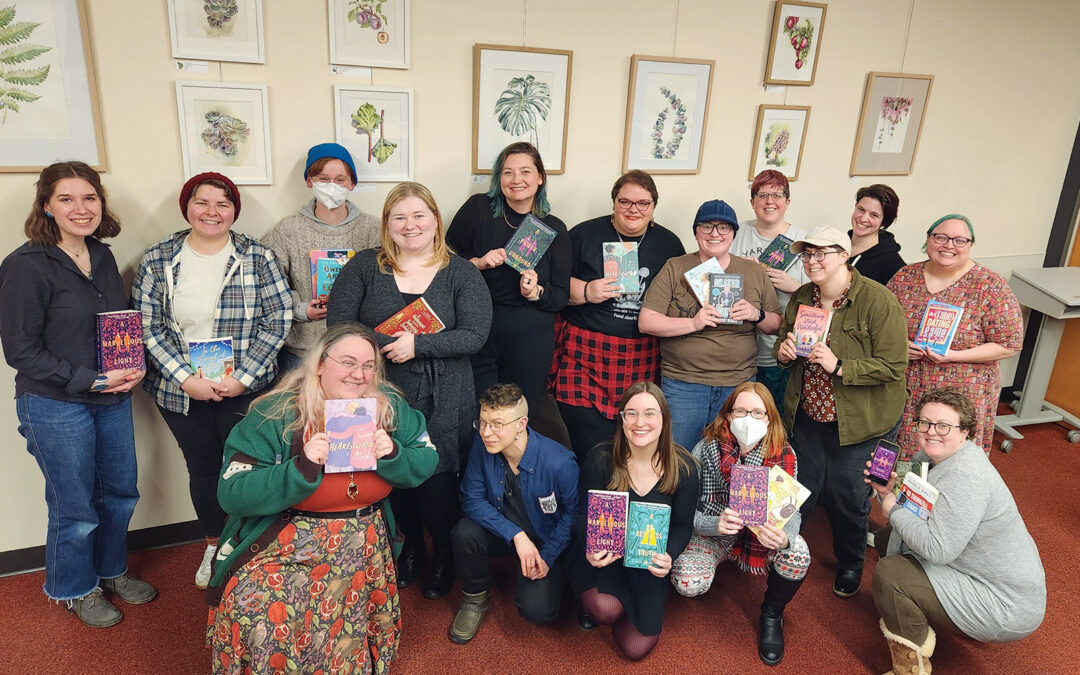
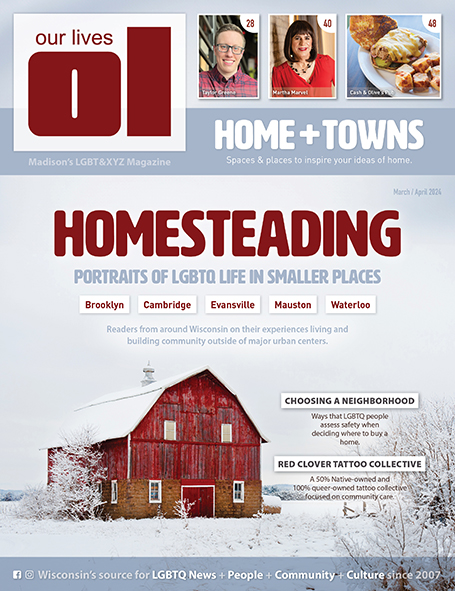
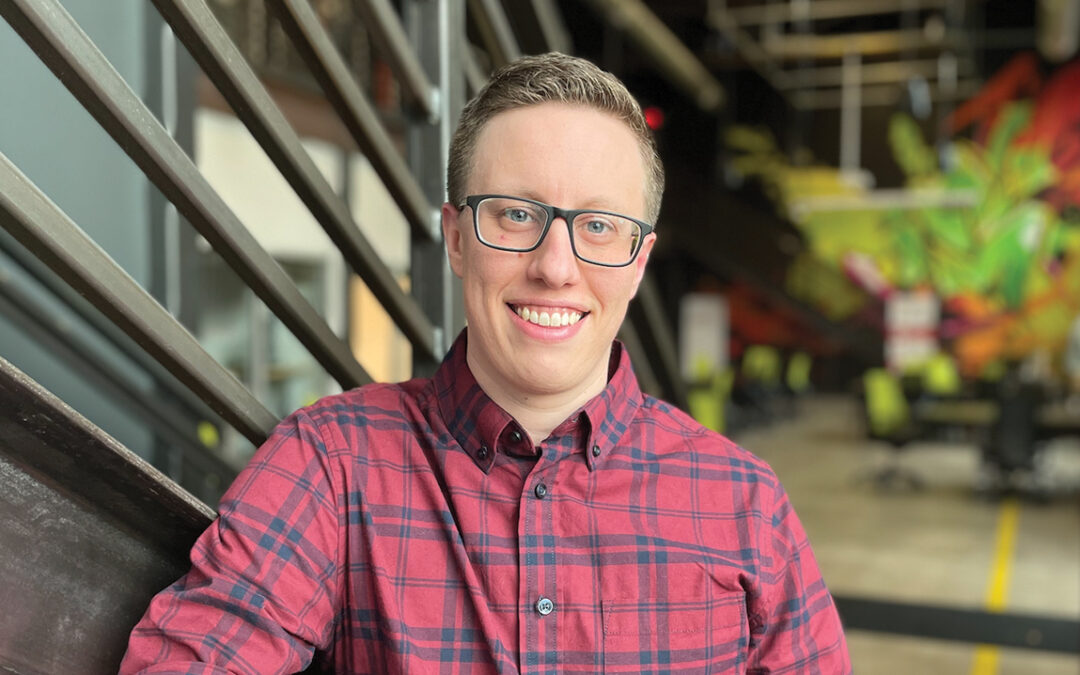
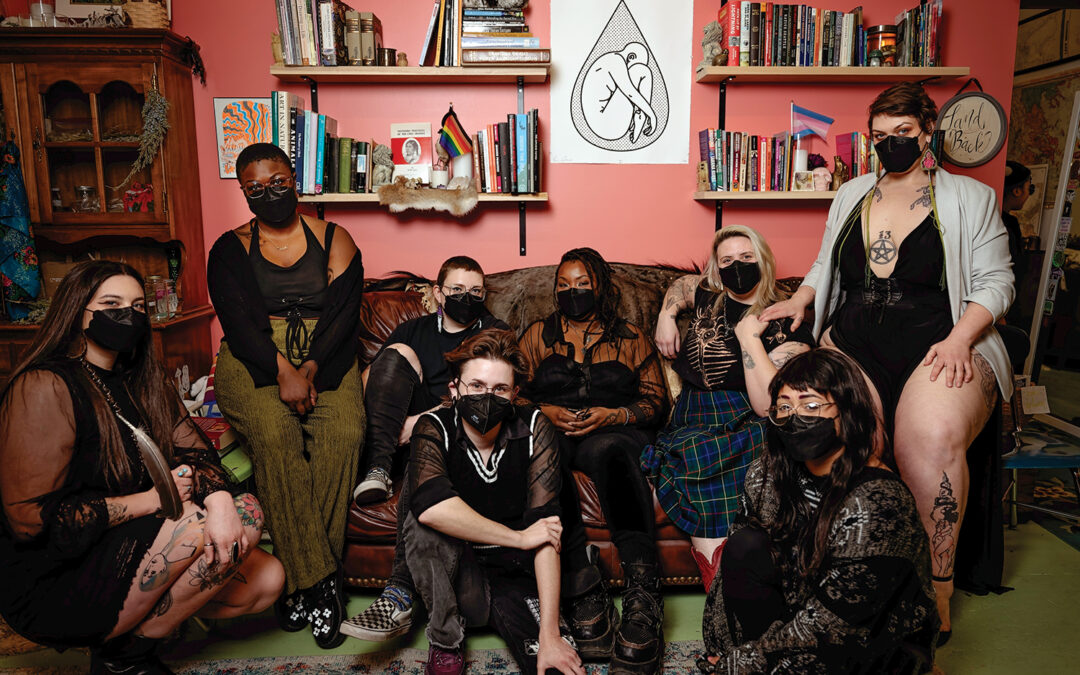
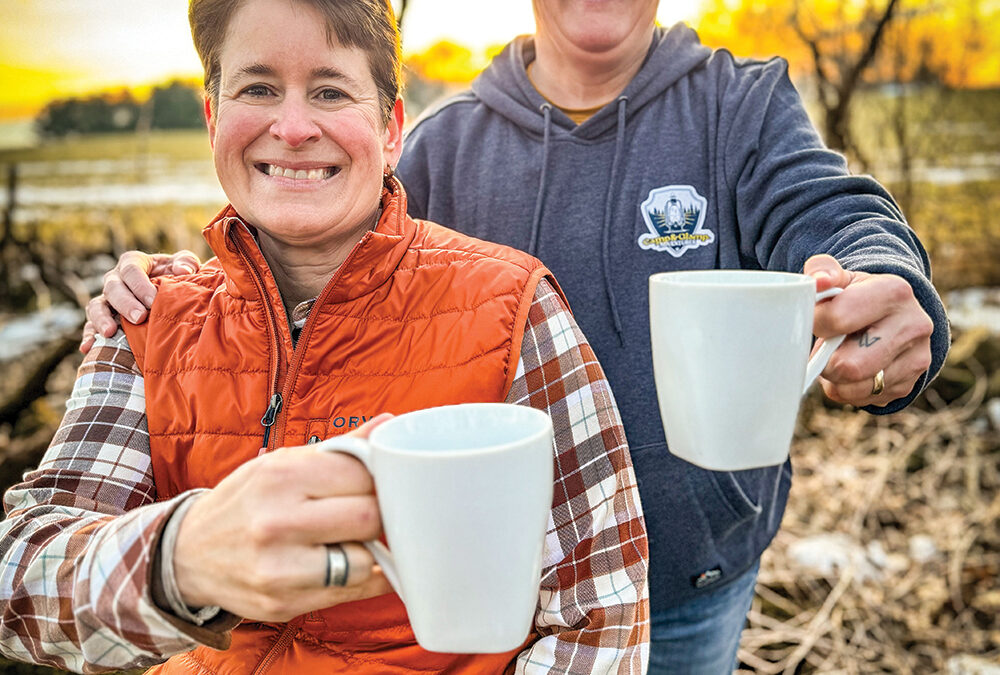
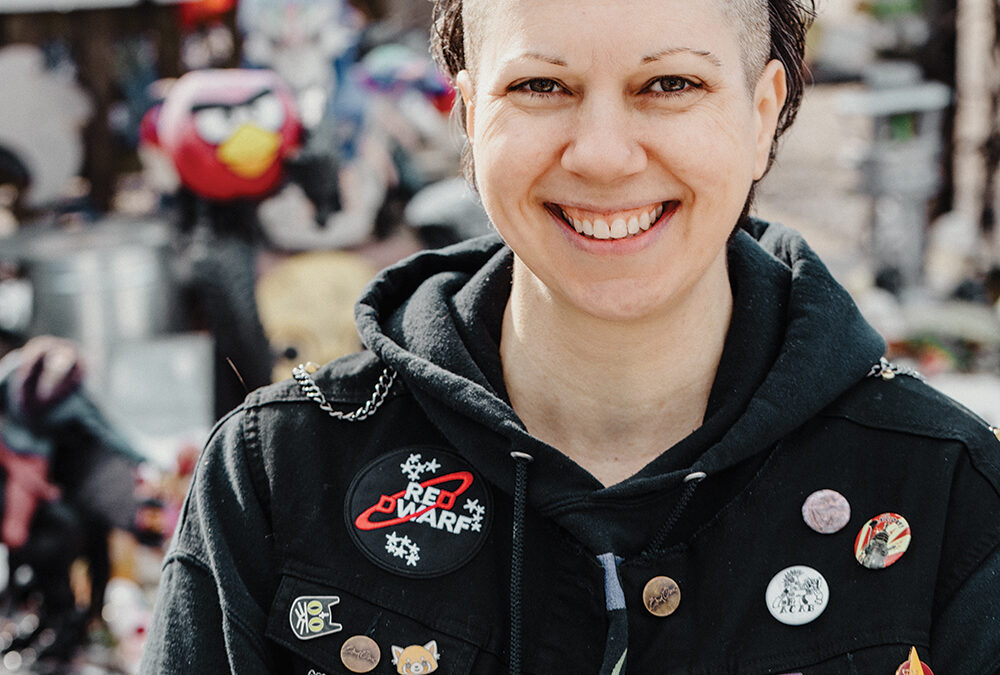
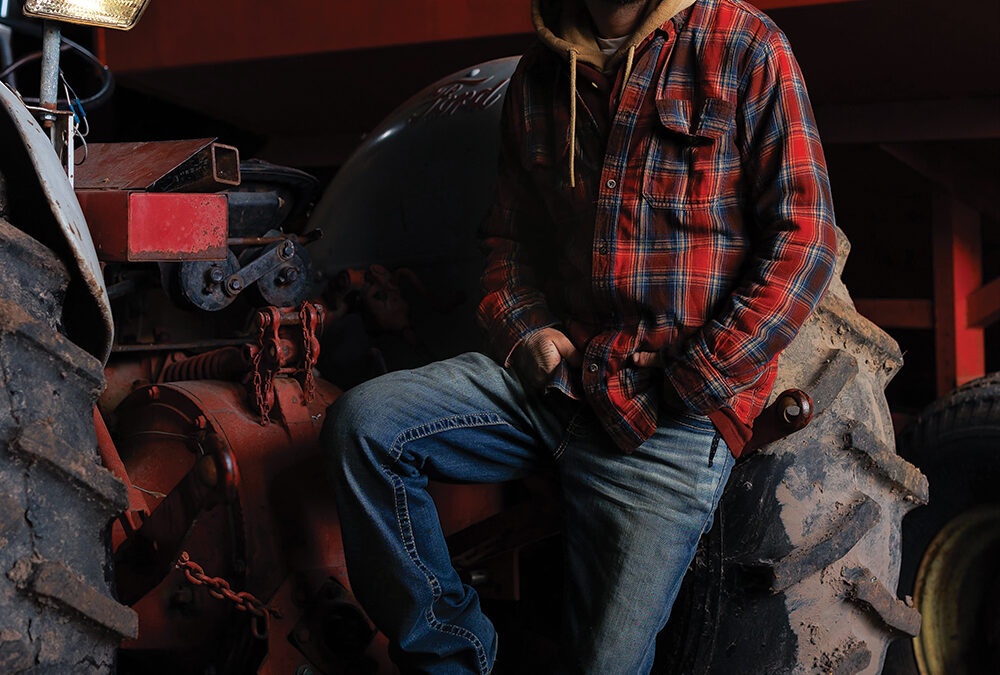
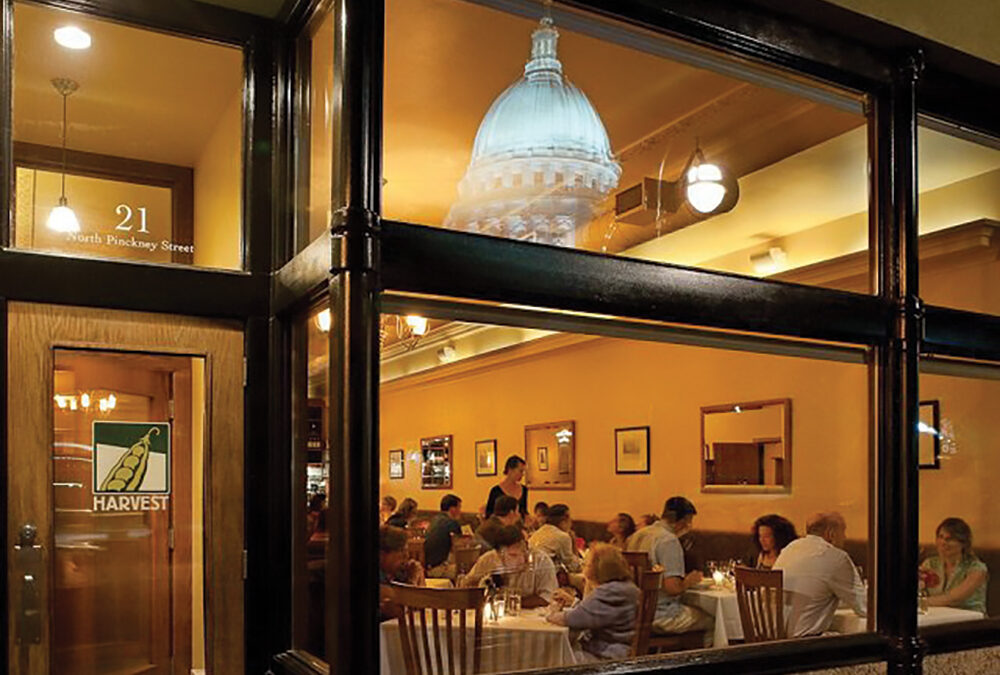
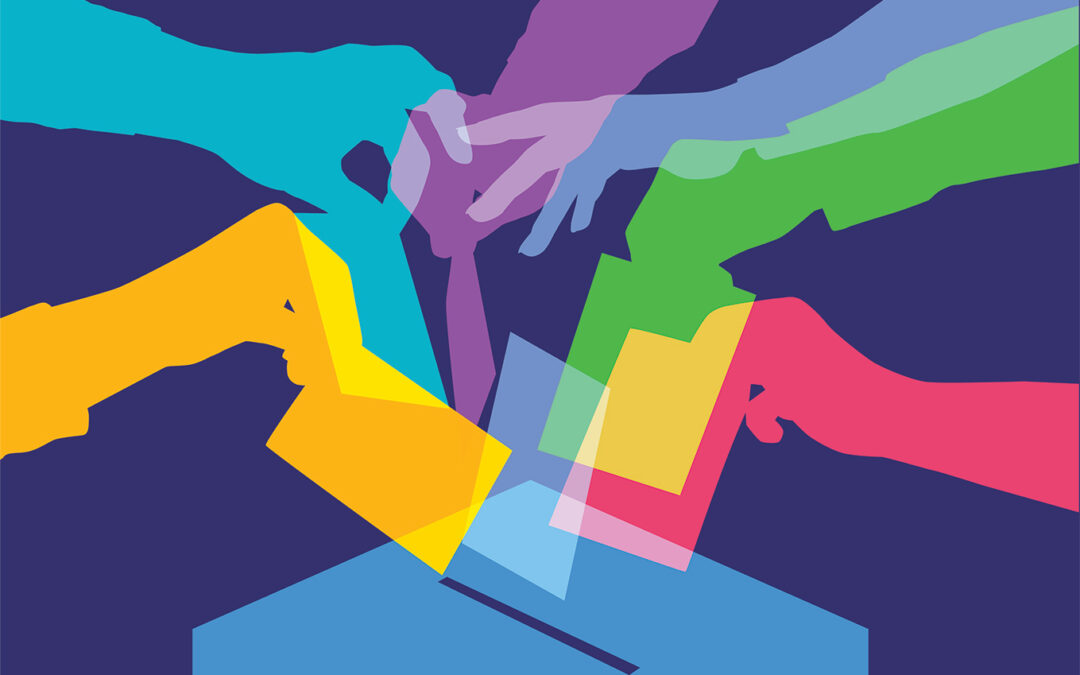
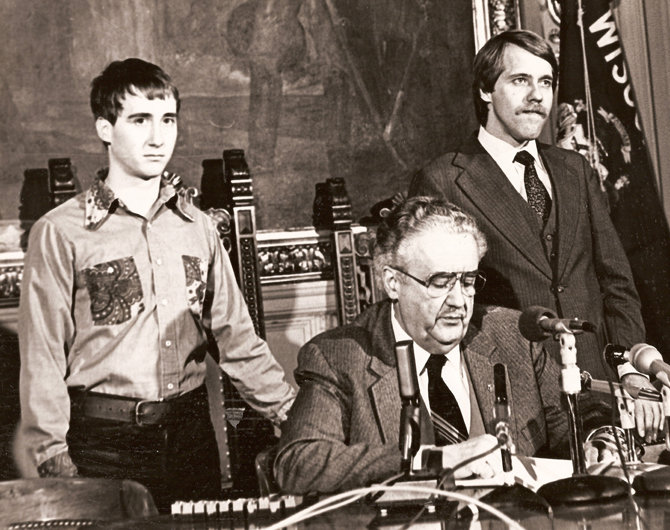









0 Comments